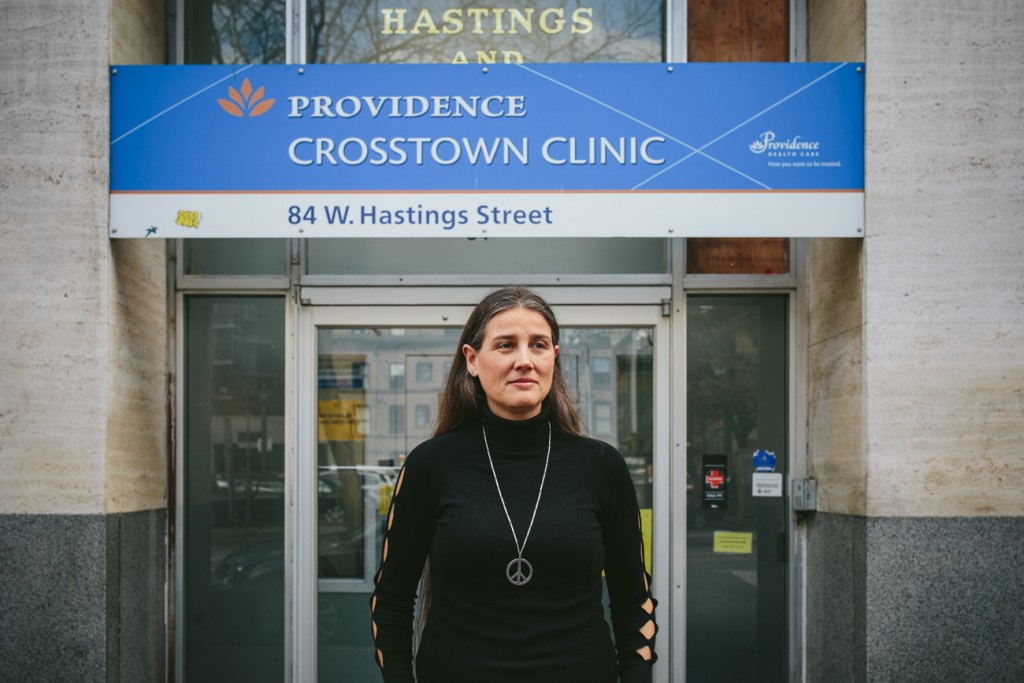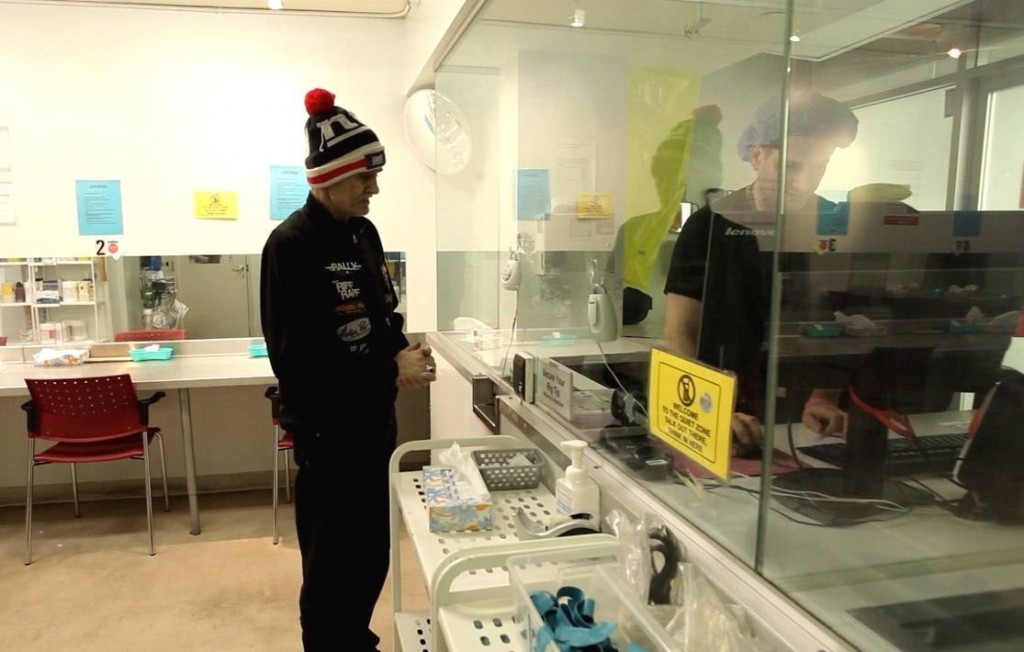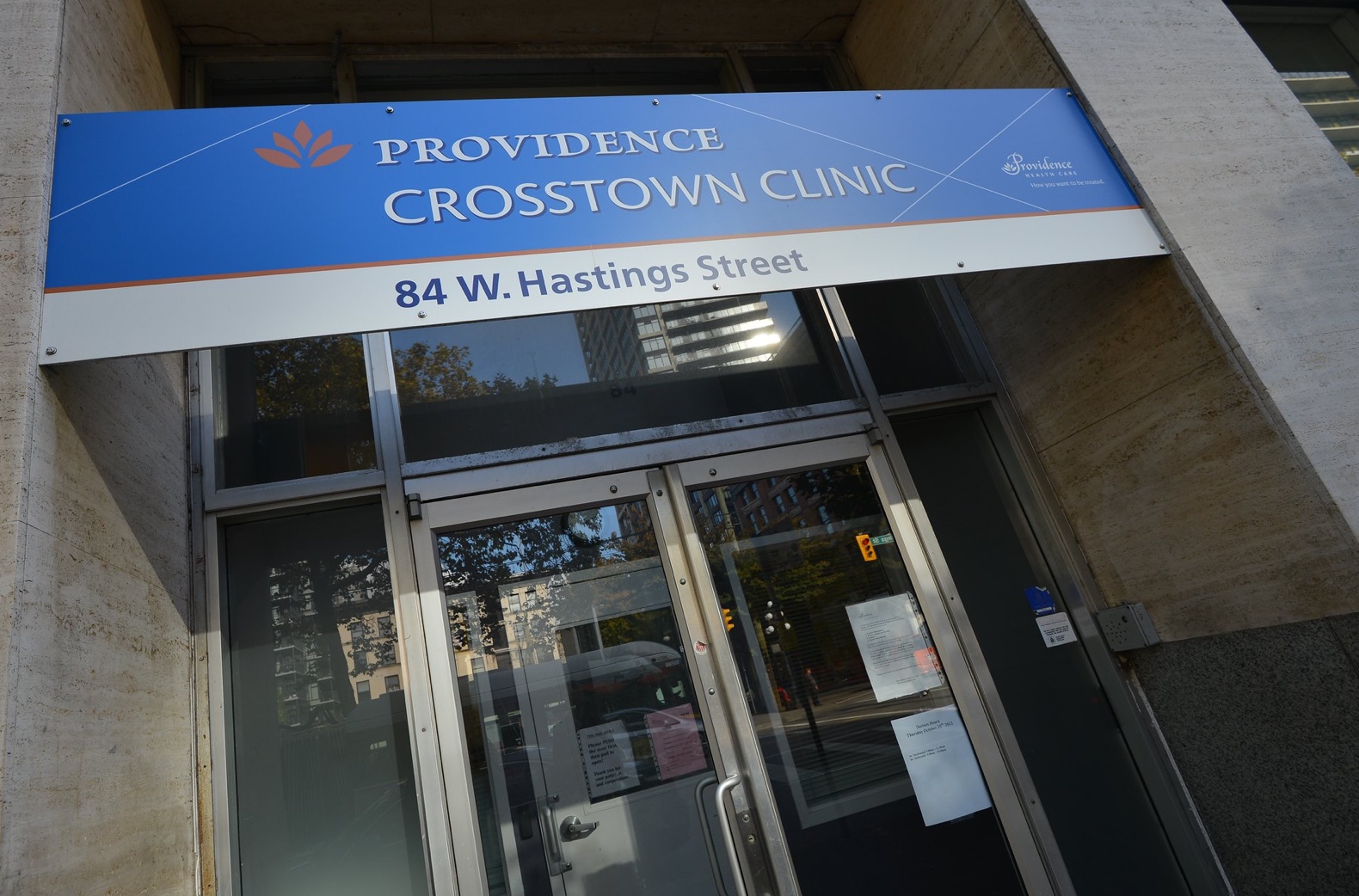
August 31st is International Overdose Awareness Day. British Columbia has been in a state of public health emergency for over a year as a result of overdose deaths; 640 people have died of an illicit drug overdose in the first five months of 2017 alone, which corresponds to about four deaths per day, according to the BC Coroners Service.
Today, revisit CHÉOS Scientist Dr. Eugenia Oviedo-Joekes, PHC Crosstown Clinic Lead Physician Dr. Scott MacDonald, and Crosstown Clinic Coordinator Julie Foreman’s seminar on the results of the Study to Assess Longer-Term Opioid Maintenance Effectiveness (SALOME) and the model of care provided at North America’s only clinic offering diacetylmorphine.
SALOME was a three-year, double-blinded, non-inferiority trial that tested whether the licensed medication hydromorphone is as effective as diacetylmorphine, the active ingredient in heroin, at treating long-term street opioid users.

The trial participants represented an important minority of people with severe opioid use disorder who had not benefited from, or been retained in, first-line addiction treatments such as oral methadone maintenance treatment. On average, they had been injecting street heroin for about 15 years, though they had attempted methadone maintenance therapy at least twice in the past 5 years; 60 per cent were homeless.
Participants were randomly assigned to receive either diacetylmorphine or hydromorphone, which they would inject themselves under the supervision of nurses at Crosstown.
In their Work in Progress seminar in September of 2016, Dr. Ovideo-Joekes, Dr. MacDonald, and Ms. Foreman presented the findings of the trial and discussed the growth of the subsequent program at Crosstown. Results from secondary analyses of the SALOME trial are available here.
https://www.mixcloud.com/Advancing HealthNews/wip-seminar-study-to-assess-longer-term-opioid-maintenance-effectiveness/



